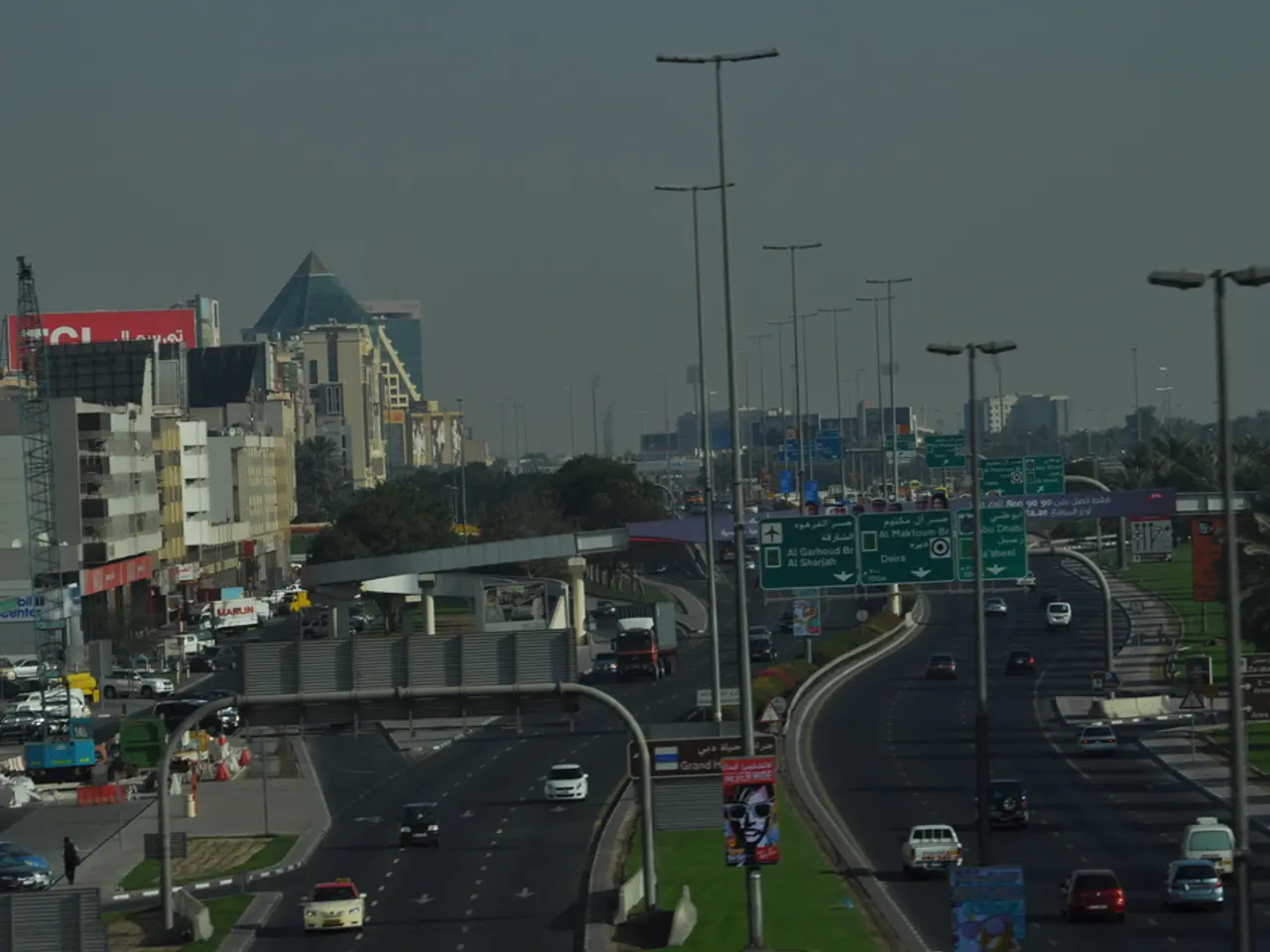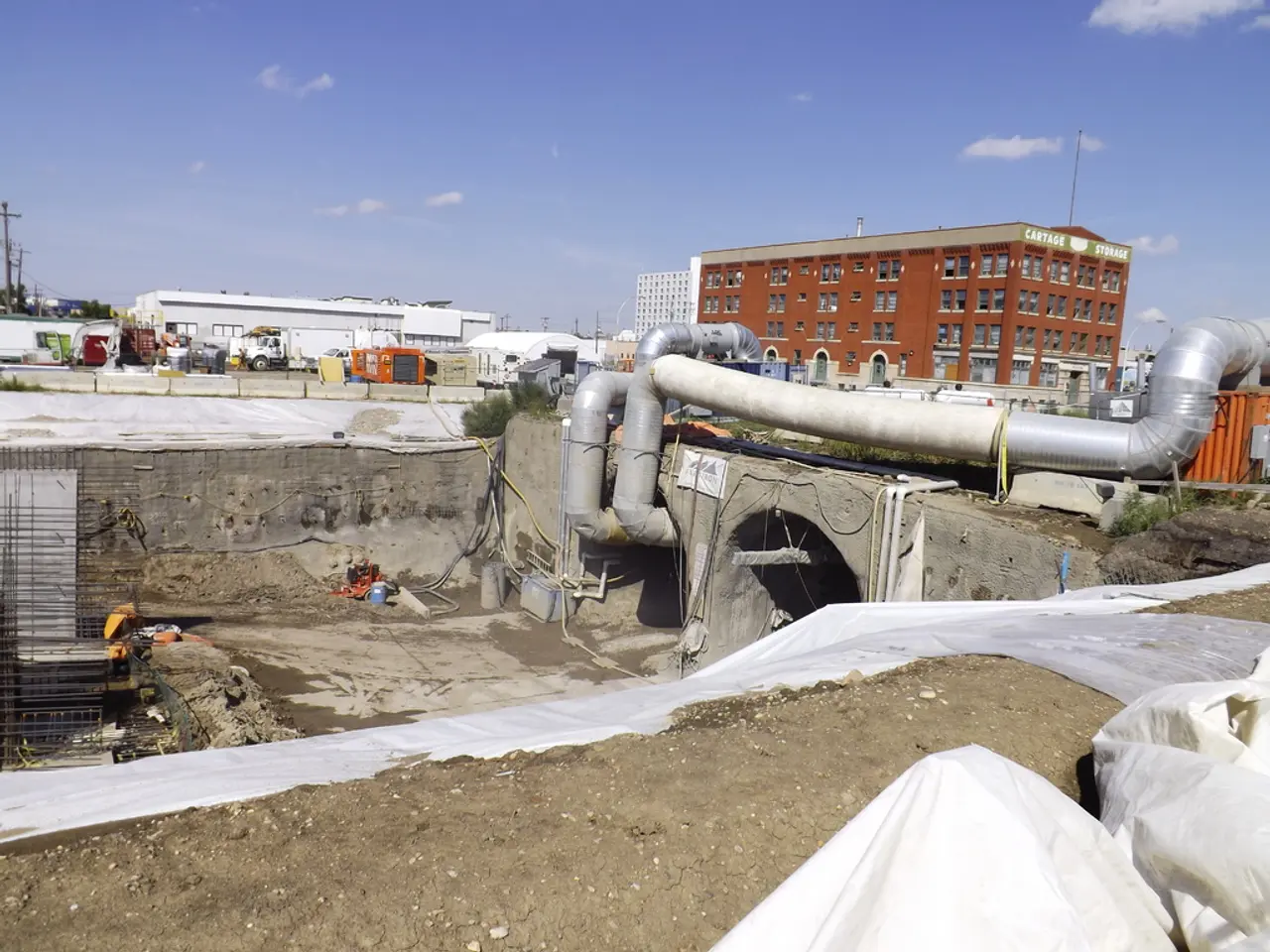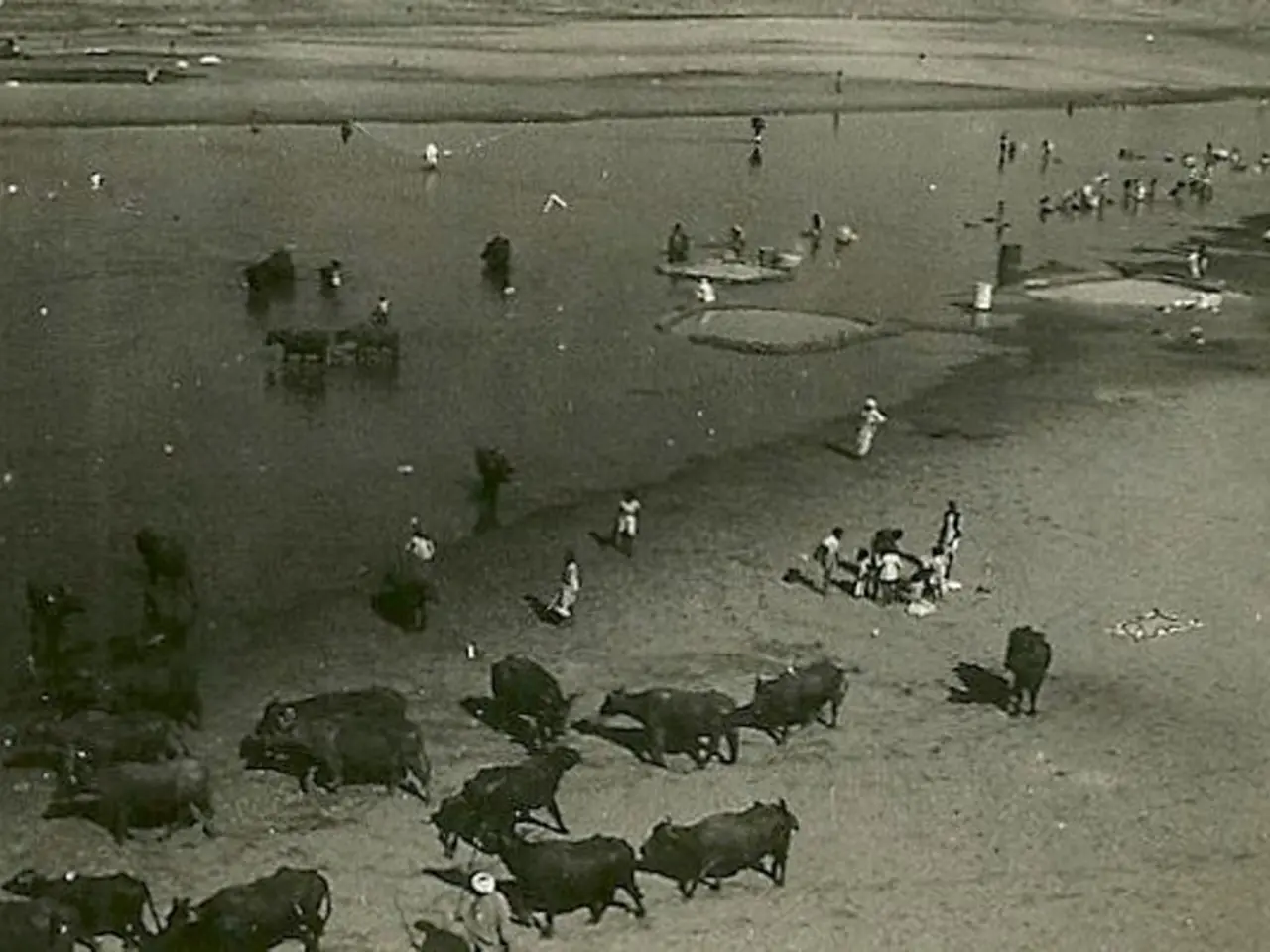Residents in Nizhny Novgorod advised about the prohibition of sharing information on strategically important locations and outcomes of UAV attacks within the region.
In the Nizhny Novgorod region, a ban has been introduced by the regional operational headquarters, prohibiting the publication of information about strategically important objects, drone attacks, their consequences, military infrastructure, locations of drone wreckage, use of weapons, and their potential harm to the security of the region.
This ban is in line with Russian laws concerning state secrets, national security, and information dissemination. Strategically important objects, such as military facilities, critical infrastructure, and defense-related installations, are protected under Russian legislation, with unauthorised disclosure of such details potentially considered a violation of state secrecy laws or laws related to national security.
Similarly, the disclosure of information about drone attacks, especially those involving military infrastructure, may be restricted to prevent compromising defence operations or aiding adversaries. Unauthorised dissemination could be treated as spreading classified or sensitive military intelligence.
Penalties for violating these regulations can be severe, including administrative fines, criminal charges, and imprisonment. Russian laws have been increasingly strict regarding unauthorised information about military activities, and "foreign agent" designations may enhance legal consequences for individuals or entities involved in disseminating such information.
While specific penalties are not detailed in the sources, the legislative trend indicates heightened control and punishment for violations related to military and defence information, including drone attacks, especially in the current security context involving ongoing conflicts.
Individuals or organisations found to be in breach of these regulations in the Nizhny Novgorod region can face fines. The amount varies, with citizens facing fines ranging from 3,000 to 5,000 rubles, legal entities from 100,000 to 500,000 rubles, and officials from 10,000 to 30,000 rubles.
It is crucial to note that such content can be considered direct assistance to the enemy in the Nizhny Novgorod region. Sharing information about military infrastructure, drone attacks, their consequences, use of weapons, locations of drone wreckage, or their potential harm to the security of the region can potentially compromise the security of the region.
For precise legal details, consulting Russian federal laws on state secrets and information security or local legislative acts is advisable. It is essential to respect the security and integrity of the Nizhny Novgorod region by adhering to these regulations.
- The ban in the Nizhny Novgorod region, enforced by the regional operational headquarters, aligns with Russian laws that restrict the publication of information about drone attacks, especially those involving military infrastructure, due to potential violations of state secrecy laws or national security concerns.
- Similar to the prohibition on disclosing strategically important objects under Russian legislation, sharing information about drone attacks or their consequences could be treated as spreading classified or sensitive military intelligence, and penalties for violating these regulations can range from administrative fines to imprisonment.








